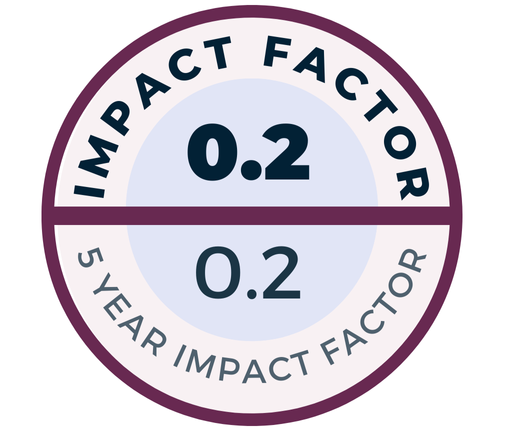Background: This study aimed to analyze the incidence of ear, nose, and throat foreign bodies in children in a tertiary reference center to determine whether the coronavirus disease-19 lockdown affected the frequency of hospital attendance.
Methods: A total of 752 children (aged 0-18) with ear, nose, and throat foreign bodies, who visited the otorhinolaryngology emergency department of a tertiary reference center between March 2019 and February 2021, were reviewed retrospectively. The 2 groups were formed based on the hospital admission date. Group 1 included patients admitted to the otorhinolaryngology emergency department in the 1-year pre-pandemic period from March 2019 to February 2020. Group 2 included patients admitted within the same timeframe during the pandemic (March 2020–February 2021). The age and sex of the patients and anatomic location and type of foreign body were compared between the 2 groups.
Results: No significant differences were detected between the 2 groups regarding the number of patients, age, sex, anatomic location of foreign body, or type of foreign body. Although not significant, the rate of exposure to dangerous foreign bodies such as sharp objects and magnets/batteries increased during the pandemic.
Conclusion: Our study shows that the coronavirus-19 pandemic had no impact on the frequency of hospital attendance and anatomic location or type of foreign bodies inserted in the ear, nose, and throat. A slight increase in the frequency of dangerous foreign body exposure might be important due to the higher morbidity rate.
Cite this article as: Bayram Ö, Cebi IT. Ear nose throat foreign bodies in children: Impact of the COVID-19 pandemic. ENT Updates. 2023;13(1): 7-10.

.jpeg)
